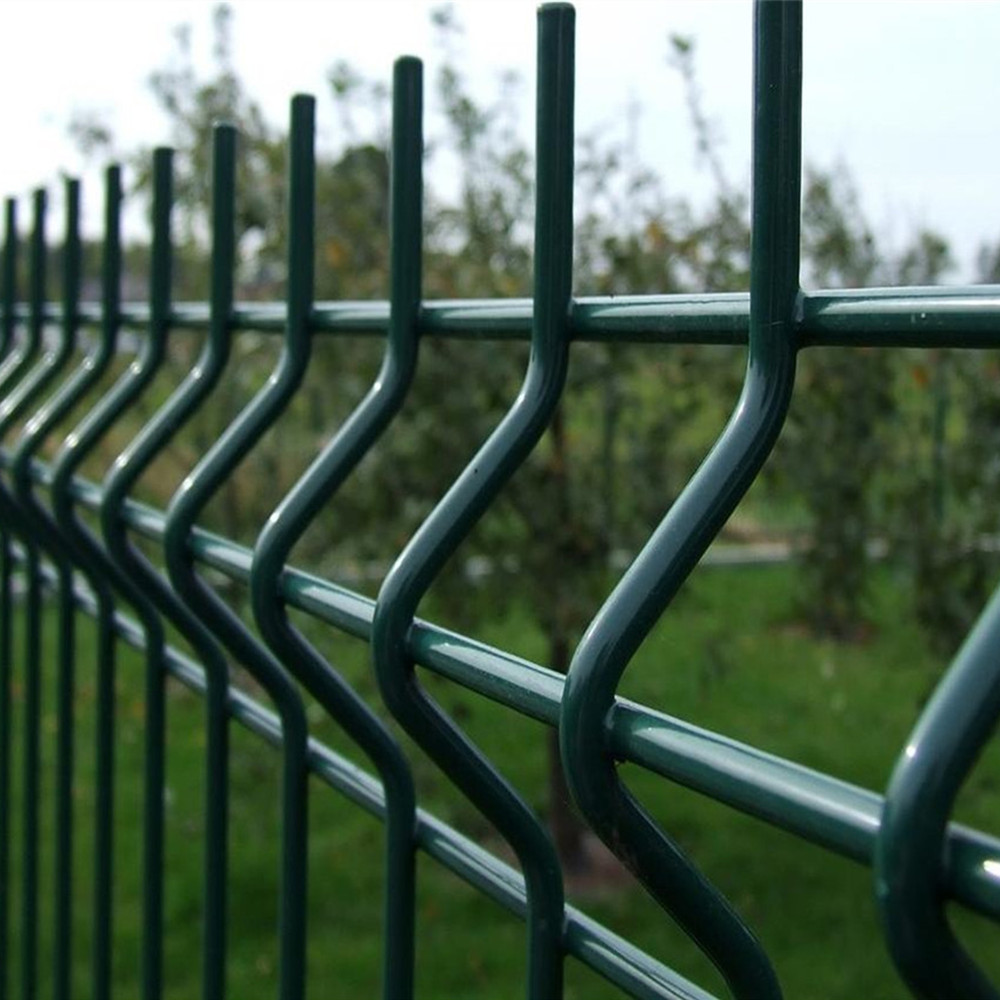Sep . 05, 2024 06:39 Back to list
CE Certified Industrial Chain Link Fence | Durable & Reliable Security Solutions
Understanding CE Certification in the Industrial Chain Link Fence Sector
In an increasingly globalized marketplace, quality assurance has become a vital aspect of manufacturing and selling products, particularly in the field of industrial chain link fences. CE certification, or the Conformité Européenne mark, is a crucial component in ensuring that these products meet European Union (EU) safety, health, and environmental protection standards. This article delves into the significance of CE certification for the industrial chain link fence industry and its implications for manufacturers, distributors, and consumers alike.
What is CE Certification?
CE certification indicates that a product conforms to EU legislation and can be sold in the European Economic Area (EEA). This certification is essential for various products, including industrial fencing systems, as it helps enhance consumer safety and fosters market fairness. In the context of chain link fences, CE marking assures that the fences have been rigorously tested and approved for durability, strength, and compliance with safety standards.
Importance of CE Certification for Chain Link Fences
1. Market Access CE certification opens doors to the European market. Manufacturers aiming to sell their chain link fences in EU countries must have this certification, as it is a legal requirement for many products. This compliance facilitates smoother international trade and reduces potential legal hurdles.
ce certification industrial chain link fence

2. Consumer Confidence For consumers, CE certification serves as a symbol of quality assurance. It reflects that the product adheres to recognized standards, which is particularly important for industrial applications where safety and reliability are paramount. Customers, whether in construction or other sectors, tend to prefer products that bear this certification, knowing that they are making informed choices.
3. Risk Management Implementing CE certification processes helps manufacturers identify and mitigate potential risks associated with their products. By adhering to safety and quality guidelines, manufacturers can minimize the likelihood of defects or failures in chain link fences, which could lead to accidents or costly liability claims.
4. Environmental Compliance CE certification also emphasizes adherence to environmental standards. Many industrial chain link fence manufacturers are now focusing on sustainable practices and materials. By obtaining CE certification, they demonstrate their commitment to reducing their environmental footprint and contributing to a more sustainable industry.
5. Continuous Improvement The certification process encourages manufacturers to adopt a culture of continuous improvement. By regularly assessing their products against rigorous standards, companies can enhance the overall quality of their offerings, innovate in design and functionality, and maintain a competitive edge in the marketplace.
Conclusion
CE certification plays a pivotal role in the industrial chain link fence sector, providing essential benefits to manufacturers and consumers alike. It ensures compliance with safety regulations, enhances market access, and fosters consumer confidence. As the demand for quality and safety in products continues to rise, understanding and obtaining CE certification remains increasingly critical for stakeholders involved in the production and distribution of industrial chain link fences. Through this certification, the industry not only adheres to necessary standards but also prioritizes a commitment to safety, quality, and sustainability.
-
Hop Dipped Galvanized/PVC Coated Temporary Fence - Anping County Xingzhi Metal Wiremesh Products Co., Ltd.|Temporary Fencing Solutions, Durable Security Products
NewsJul.30,2025
-
Hop Dipped Galvanized/PVC Coated Temporary Fence-Anping Xingzhi|Durability&Cost-Effective
NewsJul.30,2025
-
Hop-Dipped Galvanized PVC Fence - Anping Xingzhi | Durable, Quick Deployment
NewsJul.30,2025
-
Hop Dipped Galvanized/PVC Coated Temporary Fence - Anping County Xingzhi|Temporary Fencing, Durable Security, Customization
NewsJul.30,2025
-
Hop Dipped Galvanized PVC Coated Temporary Fences - Anping County Xingzhi|Durable Corrosion Resistance, Quick Installation
NewsJul.30,2025
-
Hop Dipped Galvanized / PVC Coated Temporary Fence - Anping County Xingzhi Metal Wiremesh Products Co., Ltd|Durable Temporary Fencing&Versatile Applications
NewsJul.30,2025



